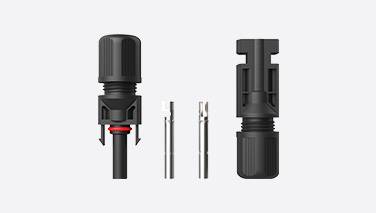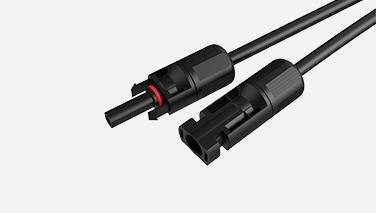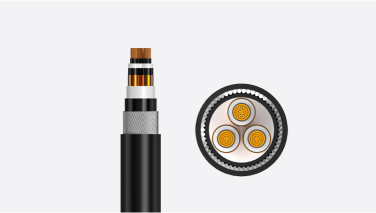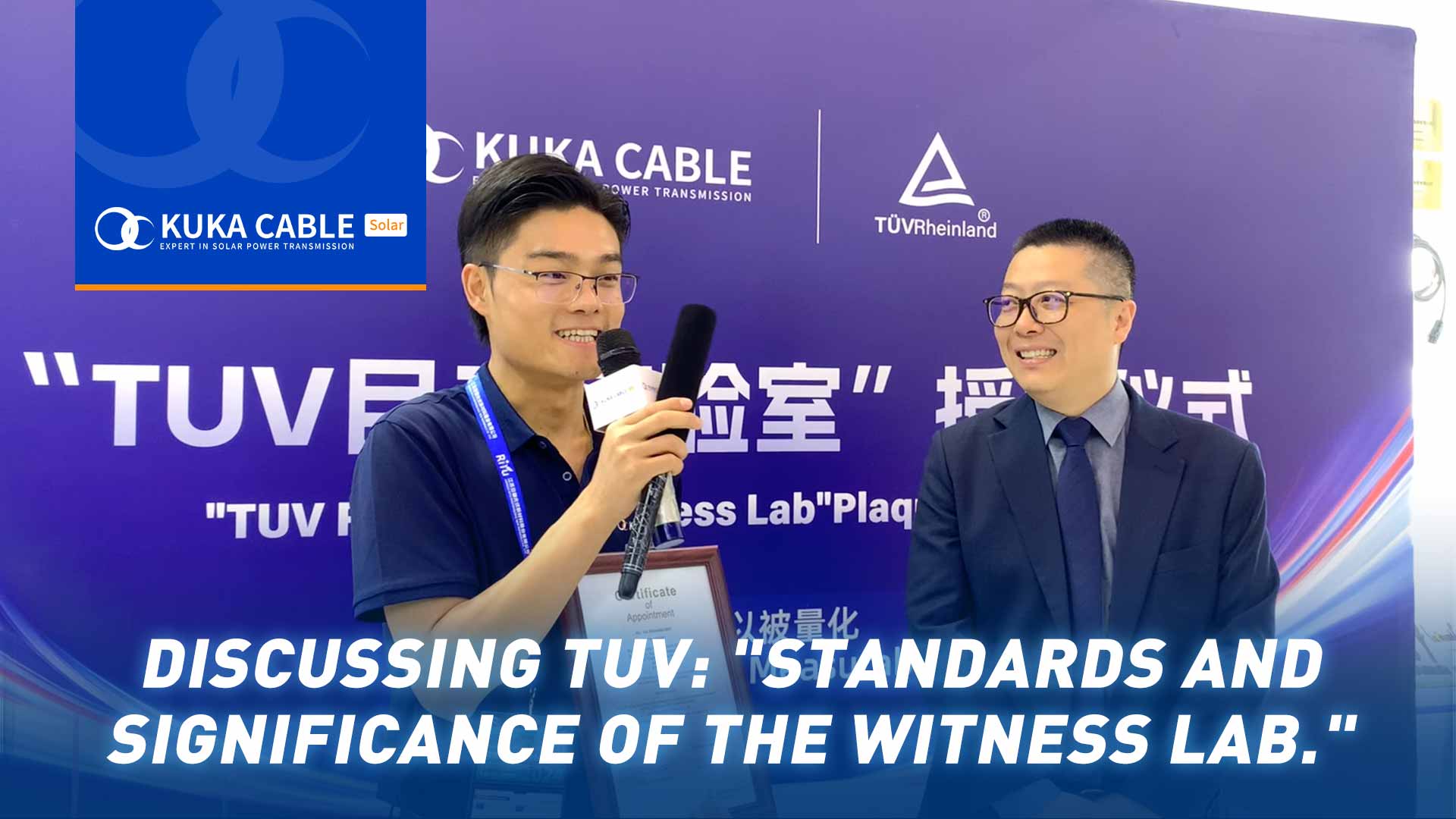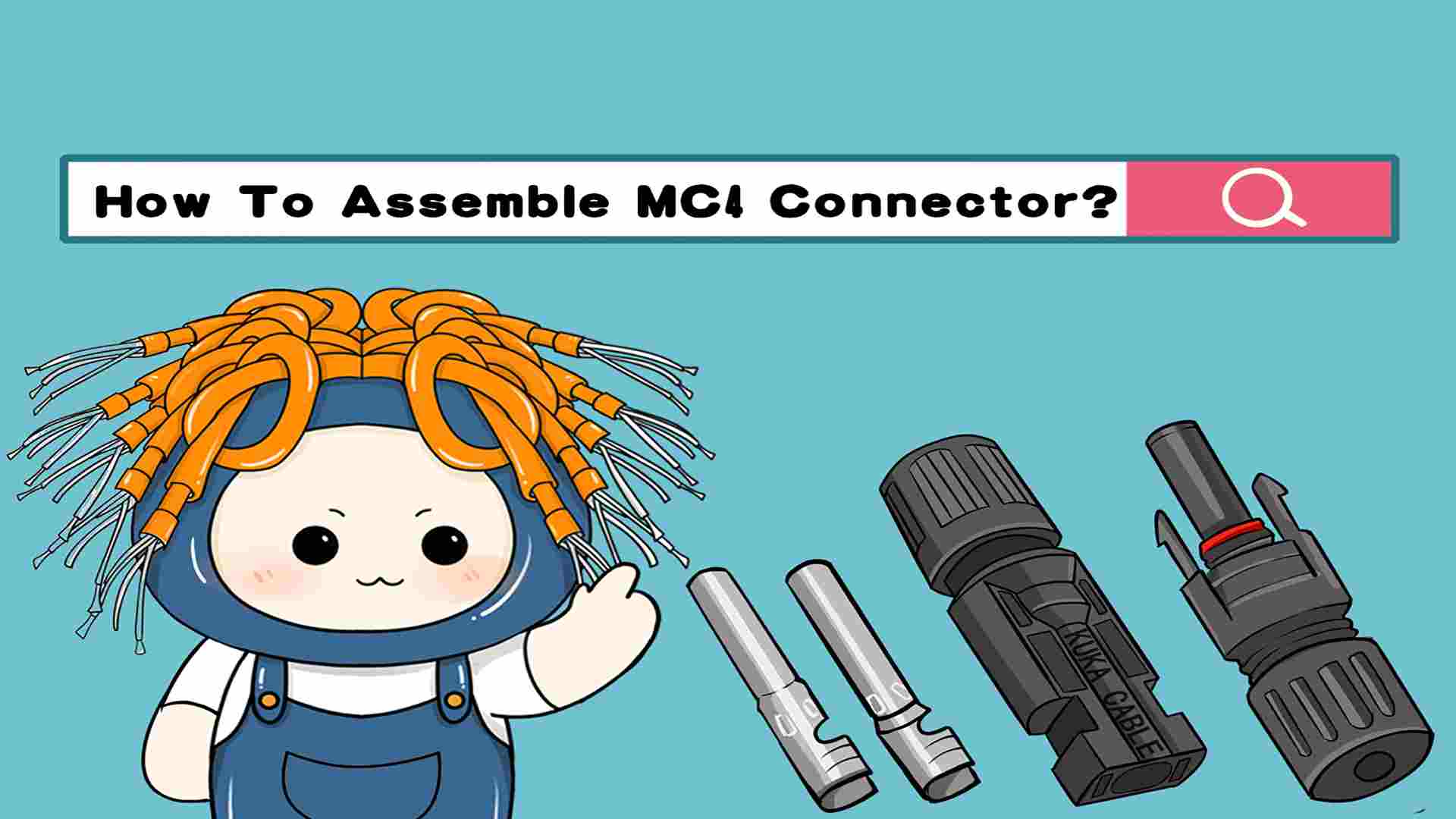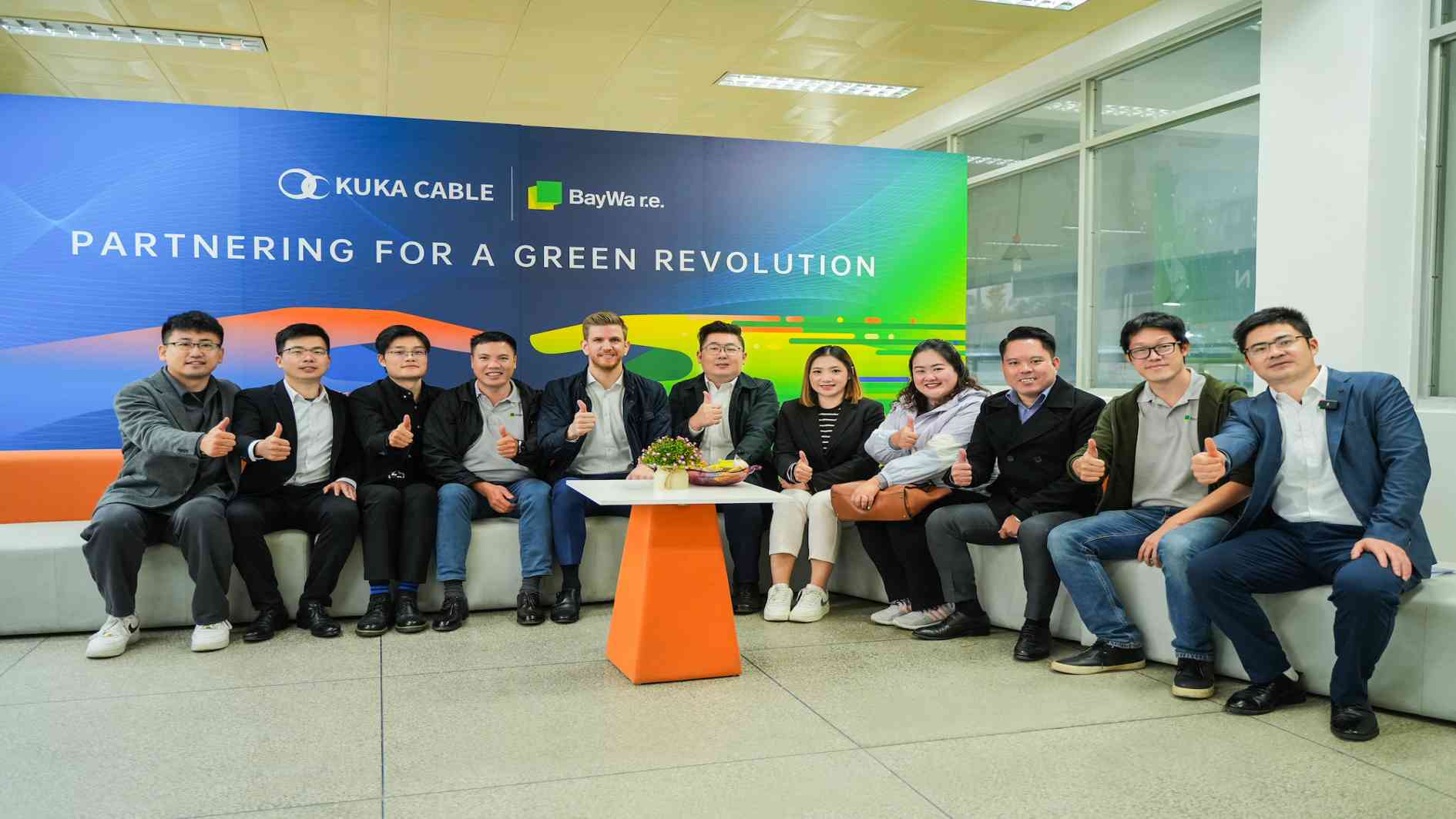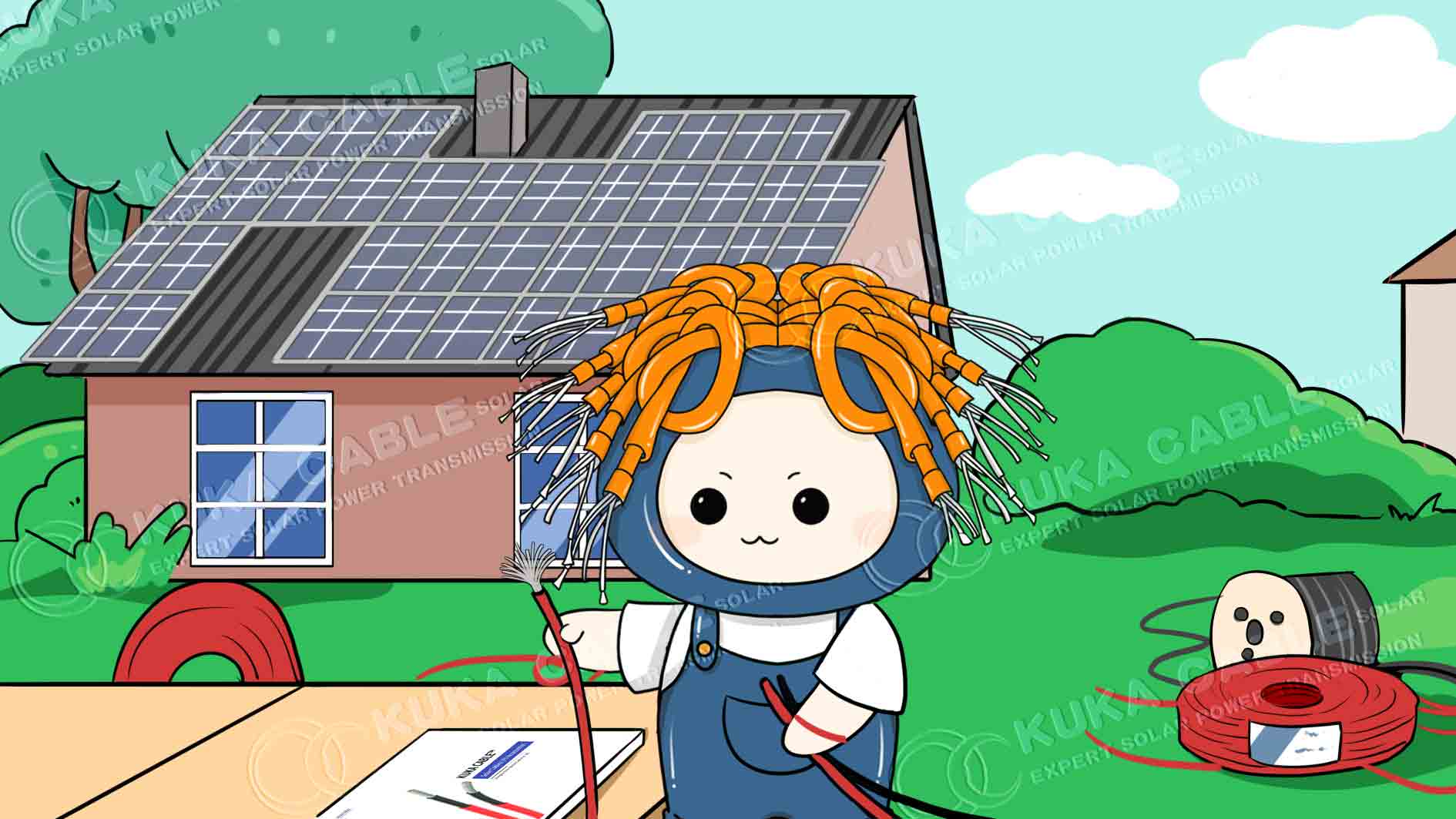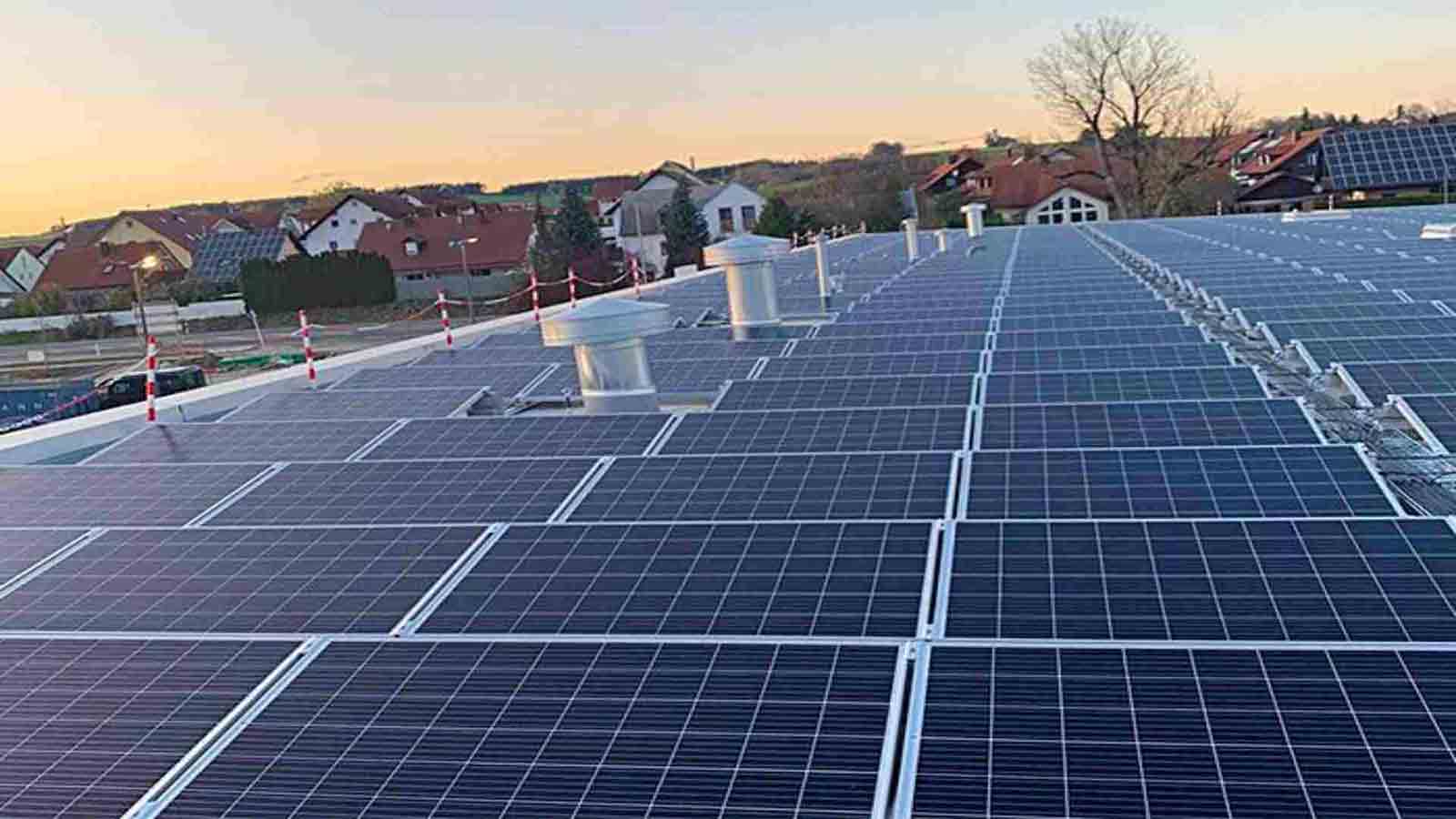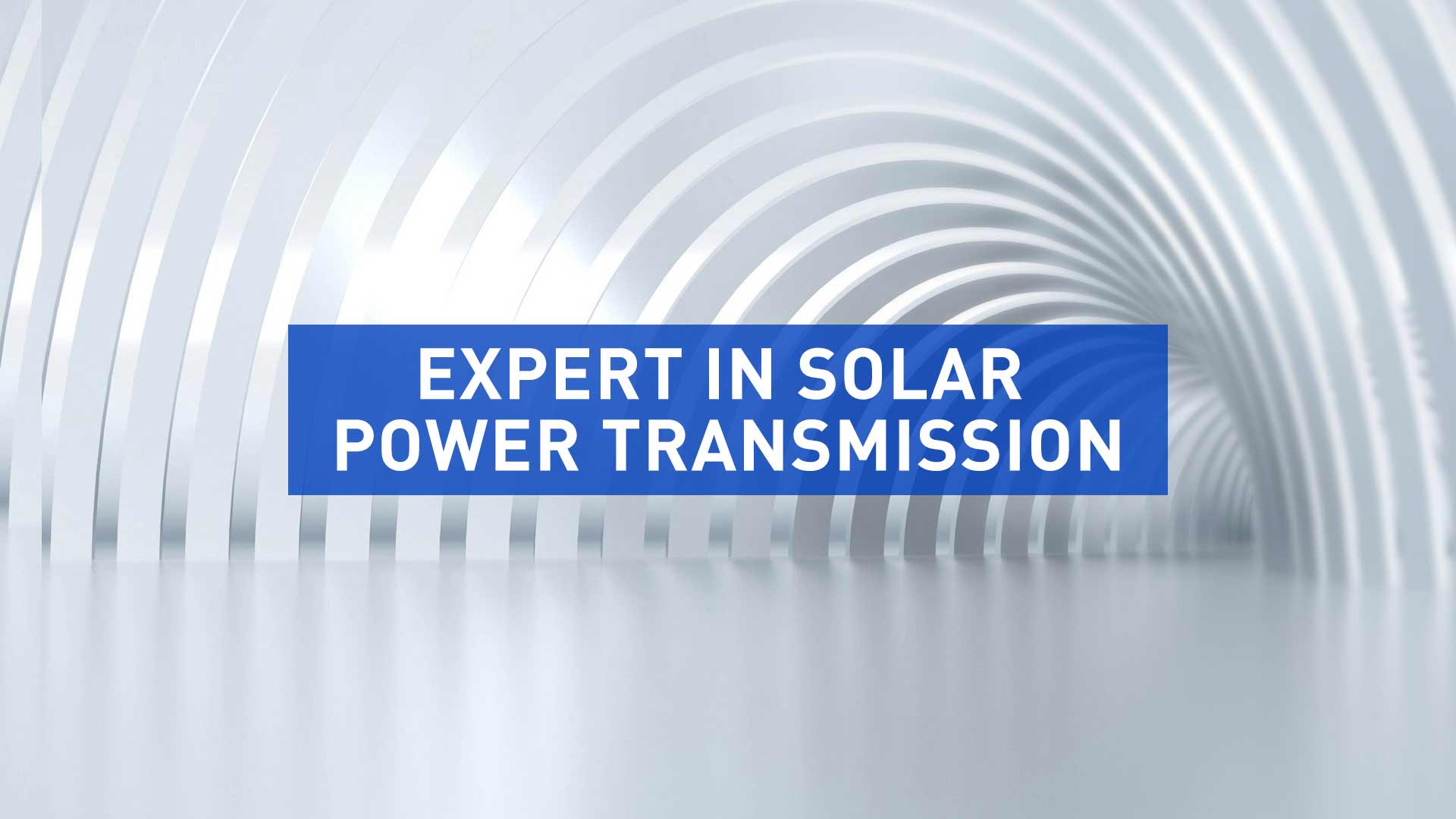Breaking Free from Stereotypes: Making Smarter Decisions in PV Cable Procurement
DECEMBER 26ST,2024
1. Is Certification a Guarantee of Perfection?
Certification is undeniably an important benchmark for assessing product quality, ensuring that the product meets certain standards and regulatory requirements. However, it’s a misconception to assume that a certified product is inherently flawless.
While certifications serve as indicators of compliance during testing, they only represent a snapshot of quality at the time of certification and may not account for the consistency of manufacturing practices. For example, a cable may pass fire resistance or weather resistance tests during certification but may fail to maintain these qualities in real-world conditions if the manufacturing process lacks rigor.
Purchasers should complement certifications with a broader evaluation of the manufacturer’s operations. Visiting production facilities, understanding their quality management systems, and assessing supply chain reliability can provide a more accurate picture of whether the product consistently meets certification claims. Additionally, conducting independent performance tests under conditions that mimic actual usage can further assure product quality.
2. Does Origin Determine Quality?
A product’s country or region of origin often influences perceptions of its quality. Purchasers may favor certain origins based on historical reputation or dismiss others due to perceived inferiority. However, in today’s globalized manufacturing environment, these assumptions can be misleading.
Advancements in technology and streamlined manufacturing processes have minimized regional disparities in quality. A manufacturer’s adherence to rigorous quality standards and commitment to innovation often outweigh geographical considerations. For instance, a lesser-known manufacturer from a region perceived as developing may use cutting-edge machinery or advanced cross-linking technologies, such as accelerator irradiation cross-linking, to produce cables with superior performance compared to established brands elsewhere.
To make impartial decisions, purchasers should prioritize the manufacturer’s track record, certifications, customer feedback, and tangible performance metrics over the product’s country of origin.
3. Are Renowned Brands Always the Best Solution?
Renowned brands often carry a reputation for reliability, quality, and strong after-sales support. However, this reputation can sometimes overshadow the potential value offered by smaller or emerging brands.
Emerging manufacturers tend to innovate more aggressively to carve out a niche in the competitive market. For example, they may adopt newer technologies, offer tailored solutions, or provide better cost-efficiency compared to established players. While well-known brands bring a proven reputation, smaller brands may exceed expectations in areas like flexibility, responsiveness, and technological advancement.
When making procurement decisions, purchasers should weigh their options objectively, considering not just brand reputation but also factors such as technical support, scalability, innovation, and alignment with specific project needs.
Smarter Procurement Decisions
Procurement decisions for PV cables should extend beyond stereotypes and focus on comprehensive understanding and evidence-based evaluations. Here are some actionable steps for making smarter purchasing decisions:
Dive Deeper into Product Quality: Look beyond certifications and consider factors like production consistency, raw material quality, and adherence to international standards.
Analyze Performance in Context: Conduct or request real-world testing of cables under environmental conditions matching your project site to ensure reliability.
Assess Manufacturer Capabilities: Evaluate the manufacturer’s expertise, production technologies, and innovation in cable design, including advancements in fire resistance, weather resistance, or pest resistance.
Consider Total Value: Examine not only the upfront cost but also the durability, maintenance requirements, and long-term performance to determine overall value.
Encourage Open Dialogue: Establish strong communication channels with suppliers to clarify doubts, request transparency, and negotiate solutions tailored to your project’s needs.
By discarding fixed mindsets and stereotypes, purchasers can discover better-suited options, potentially uncovering products that offer superior quality, value, and performance. In an industry where cable reliability directly impacts project safety and efficiency, these thoughtful approaches can make all the difference.




